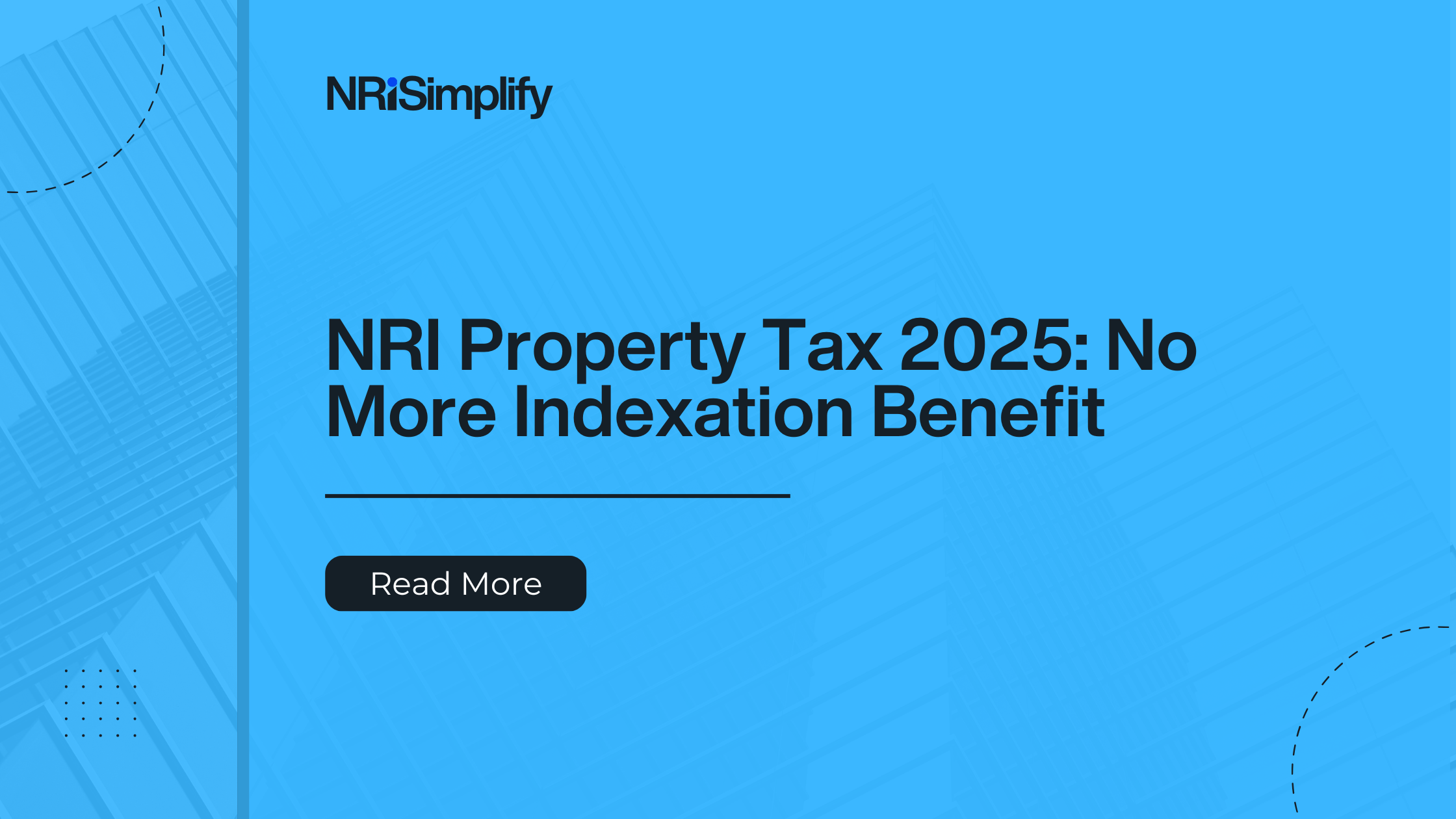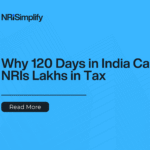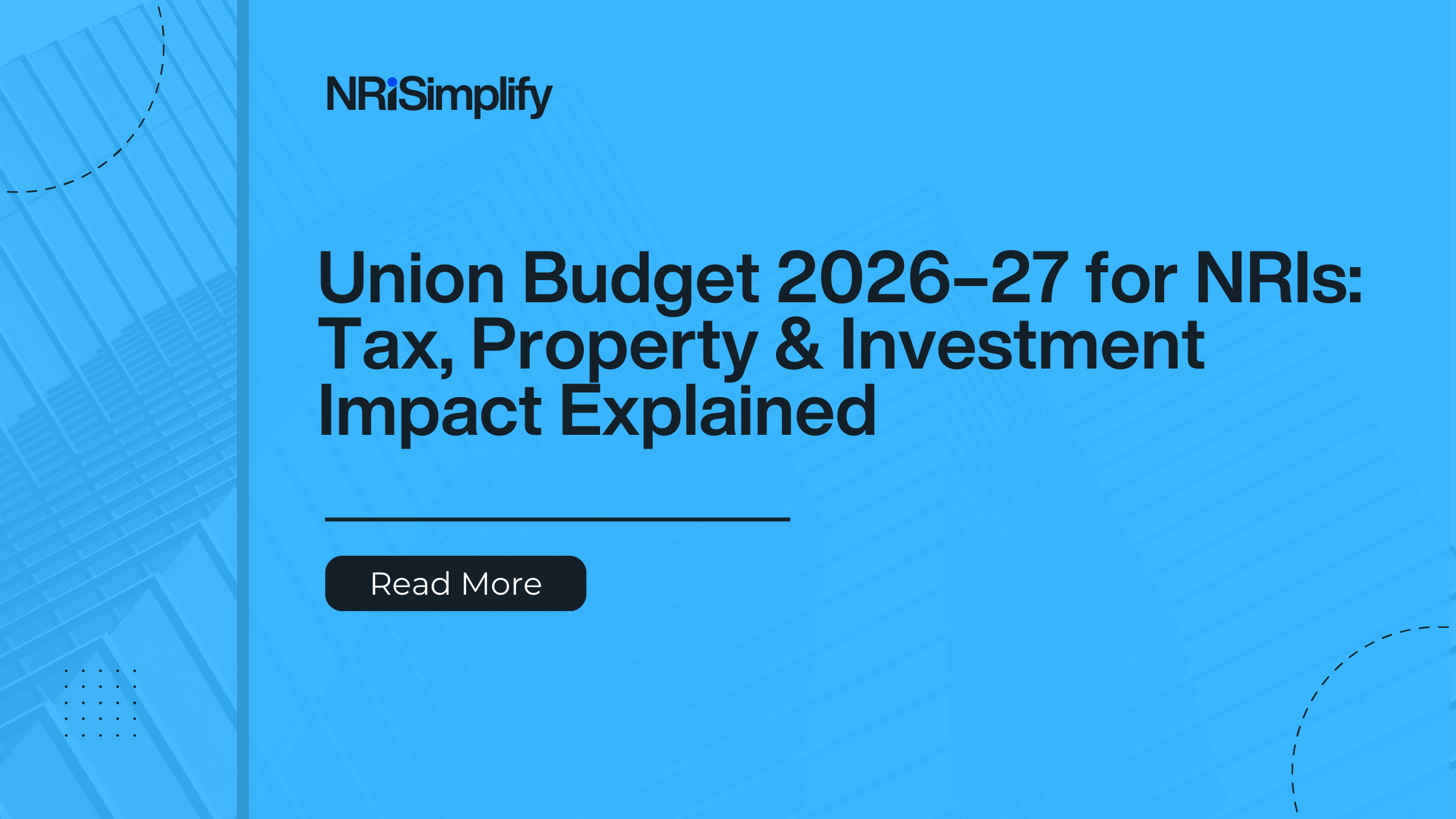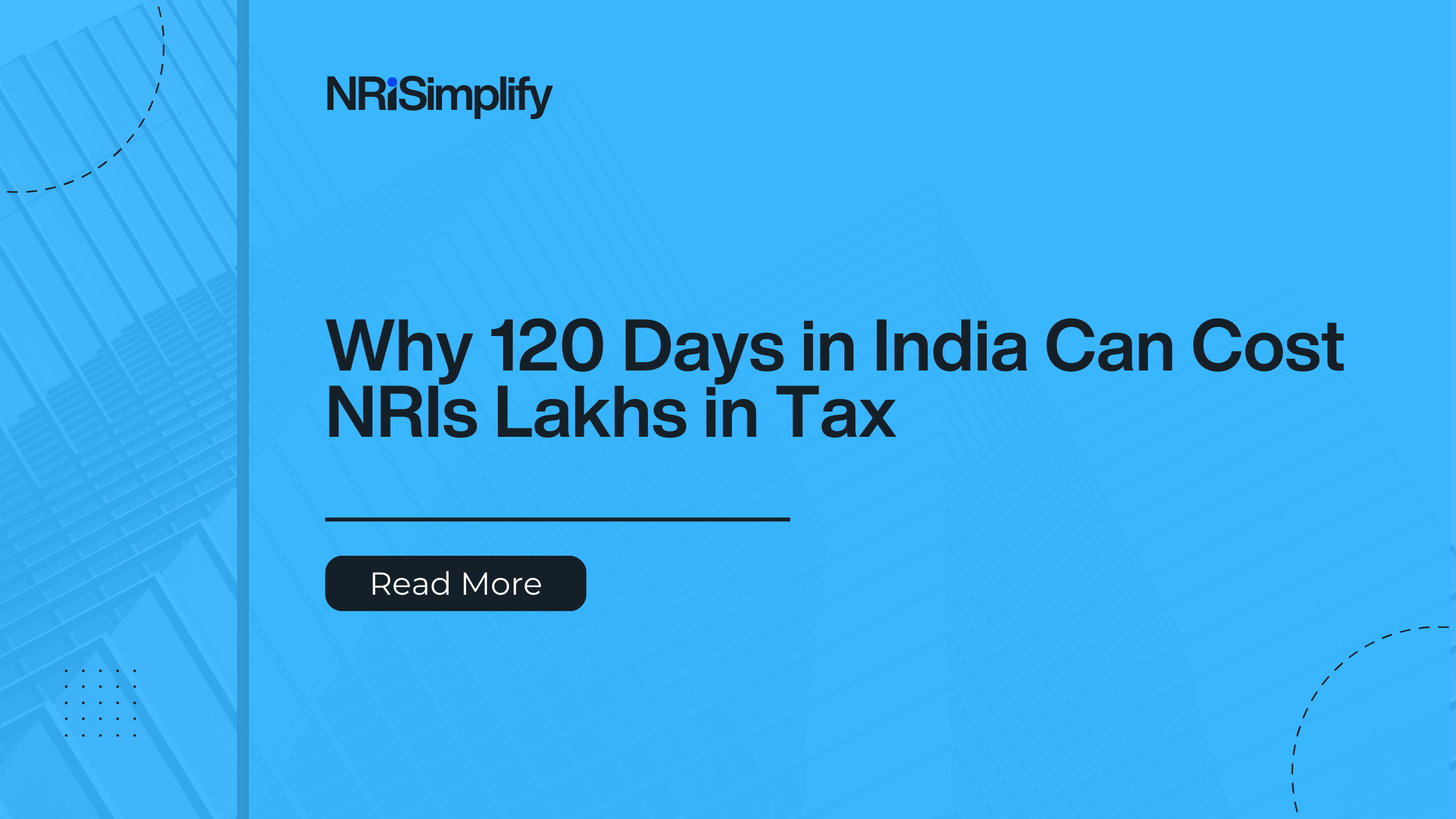If you are an NRI planning to sell property in India, recent tax rule changes may significantly impact your capital gains tax liability. From July 23, 2024, the Cost Inflation Index (CII) benefit, which allowed tax relief through inflation adjustment on long-term capital gains, has been effectively removed for NRIs. This blog simplifies this complex tax change, explains how it affects NRIs differently based on property purchase date, and offers practical examples for clarity.
What Was the Cost Inflation Index (CII) Benefit?
The Cost Inflation Index (CII) was a key tax tool that helped property sellers adjust the original purchase price of their property for inflation. This meant that NRIs holding property for many years could reduce their taxable capital gains by accounting for inflation, greatly reducing their tax burden on sale at the long-term capital gains (LTCG) tax rate of 20%.
With CII, the purchase price is adjusted upward based on government-published inflation indices, lowering the overall capital gains and, consequently, the tax payable.
What Has Changed for NRIs in 2025?
The Indian government, through the Finance Act 2024, has removed the use of CII benefits for NRIs on property sales effective from July 23, 2024. This government directive means:
- NRIs selling property on or after July 23, 2024, cannot apply indexation benefits using CII.
- NRIs must pay a flat 12.5% LTCG tax on the difference between the sale price and purchase price without any inflation adjustment.
- This change applies regardless of when the property was originally purchased.
This is a significant change because prior to this, NRIs could apply indexation if their property was purchased before July 23, 2024.
Why Was The CII Benefit Removed for NRIs?
This change aligns the tax treatment of NRIs with other asset classes like equity shares where indexation is not available. It also simplifies compliance and tax administration but creates winners and losers based on property holding duration and purchase date.
Who Is Impacted Negatively?
Long-term Property Holders
NRIs who have held property for many years (10-20 years or more) will face a higher tax burden because:
- Without CII, their taxable capital gains will be calculated on the full nominal appreciation, not adjusted for inflation.
- Example: Suppose an NRI bought a property in 2005 for ₹30 lakh and sells it in 2025 for ₹1 crore.
- With indexation (old system): The indexed cost might be close to ₹80 lakh, so taxable gain is only ₹20 lakh, resulting in tax of about ₹4 lakh (20% LTCG).
- Without indexation (new system): Taxable gain is the entire ₹70 lakh, resulting in tax of about ₹8.75 lakh (12.5% LTCG but on a much larger gain).
- This removal effectively doubles their tax outgo, causing a considerable dent in their pockets.
NRIs intending to sell property acquired before July 23, 2024, after this date will no longer get indexation.
Who Stands to Benefit?
Recent Property Buyers and Short-term Holders
NRIs who bought property on or after July 23, 2024, or those planning to sell within a short holding period, might benefit:
- Paying 12.5% flat LTCG tax without indexation might be lower than the 20% taxed with indexation in some cases.
- For properties with minimal appreciation or short holding periods, this can simplify the tax calculation and reduce tax liability.
- Example: An NRI buys a property for ₹80 lakh in 2024 and sells it in 2025 at ₹1 crore. The taxable gain is ₹20 lakh.
- Paying tax at 12.5% would be ₹2.5 lakh, potentially lower than what could have been payable without indexation earlier.
NRIs with properties bought after July 23, 2024, will only pay 12.5% LTCG tax without any indexation.
Summary: What NRIs Must Know
| Aspect | Before July 23, 2024 | After July 23, 2024 |
| Indexation Benefit (CII) | Available for long-term capital gains | Not available for NRIs |
| LTCG Tax Rate for NRIs | 20% with indexation or 12.5% without | Flat 12.5% without indexation |
| Impact on Long-term Holders | Significant tax saving through indexation | Higher tax due to no indexation |
| Impact on Recent Buyers | Less beneficial | Potential tax saving with flat 12.5% on gain |
Final Thoughts
This change in tax rules brings a paradigm shift in NRI property sales in India. While it benefits NRIs with recent purchases or shorter holding periods by lowering rates without complex indexation calculations, it severely impacts those who have held their properties long-term by increasing their tax burden.
NRIs must carefully plan their property sales and tax strategies, considering that the removal of indexation benefit post-July 23, 2024, is final and non-negotiable as per Income Tax rules. Consulting with tax advisors familiar with NRI taxation is highly recommended for optimizing tax outgo in this new regime.






